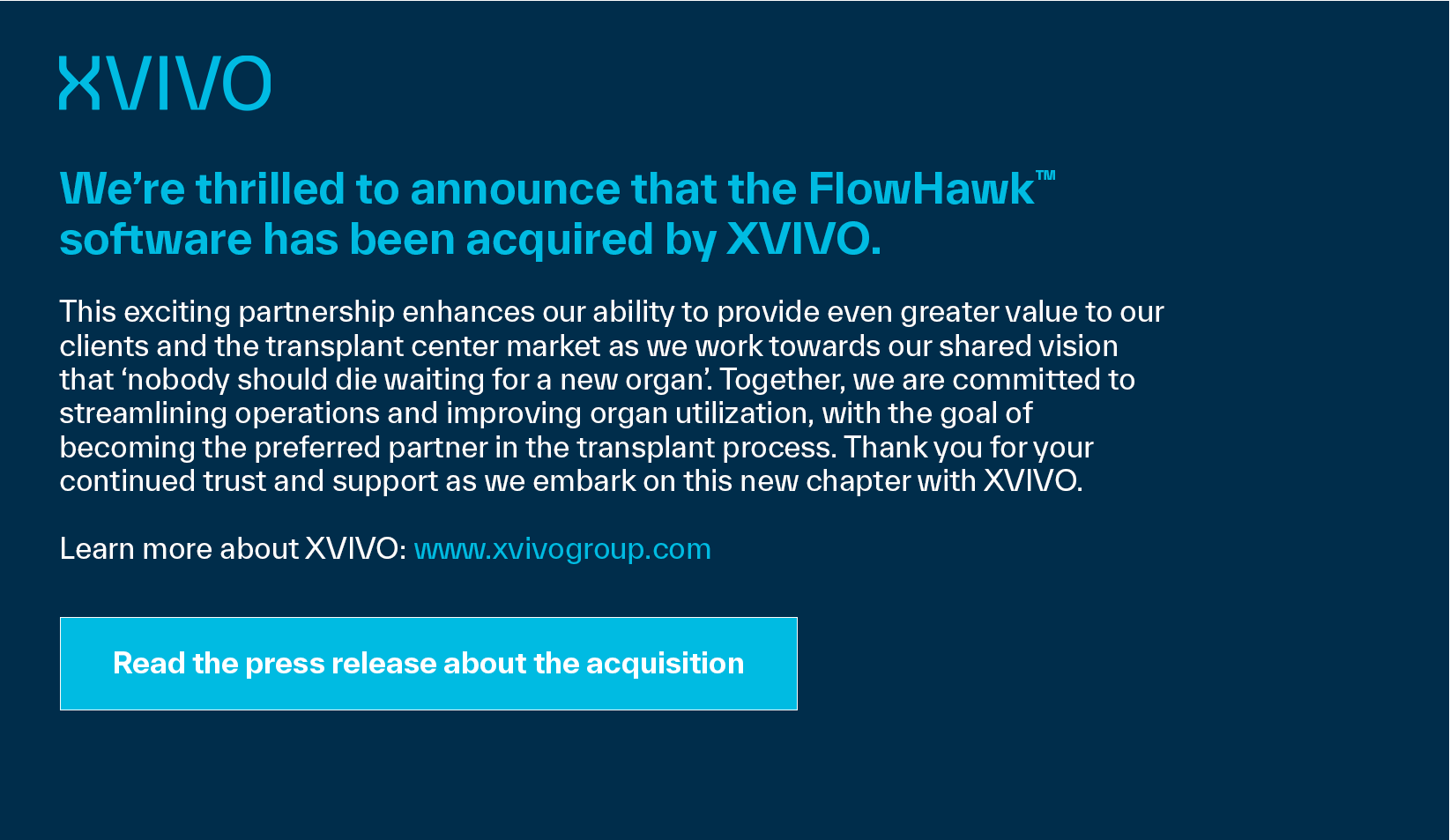Lexington, KY (BUSINESSWIRE) – In March 2022, OmniLife and close collaborators Children’s Hospital of Pittsburgh and the Starzl Network were awarded a $260K SBIR grant from the National Institutes of Health. The National Institute of Diabetes and Digestive and Kidney Diseases (NIDDK) supports our innovative project, “Transplants for Kids”, with the primary objective to stop kids needlessly dying waiting for a liver transplant. The team plans to accomplish this with AI/machine learning algorithms to select the optimal donor graft for every child’s transplant.
Previous work completed by the investigation team confirms significant variance in patient mortality among transplant programs that could be prevented with better liver graft selection. The funded project will confirm the feasibility of our graft selection algorithm that assists the clinical teams with matching candidates with available livers. If successful, we will be increasing access to transplants for hundreds of kids that are needlessly dying while waiting.
The Investigation team includes scientific and clinical faculty from the Scientific Registry for Transplant Recipients (SRTR) and the universities of Pittsburgh, Columbia, San Francisco, Northwestern, and Iowa. The principal investigator is OmniLife’s cofounder and health informatics expert, Eric Pahl. The clinical principle investigator is the Children’s Hospital of Pittsburgh’s Chief of Transplant and Starzl Networks’s founder, George Mazariegos. The team is bolstered by transplant biostatistics PhD Nicholas Wood from SRTR and the clinical leaders in pediatric transplantation affiliated with the Starzl Network – Emily Perito and Kang Sang-Mo from UCSF, Steven Lobritto from Columbia, Sarah Taylor from Northwestern, and Jim Squires and Kyle Soltys from UPMC.
During the study, OmniLife has 3 aims:
1. Develop a feature space of principle components from combinations of donor, patient, and program characteristics
2. Train supervised machine learning algorithms for predicting matching characteristics for multiple graft types
3. Determine the feasibility of incorporating the algorithms into OmniLife Organ Workflows™ and deliver the predictions at the time of organ offer, through a randomized controlled trial.
This is the first of two anticipated phases of the project with a total of $2M in expected funding. Inquires can be directed to research@getomnilife.com.

